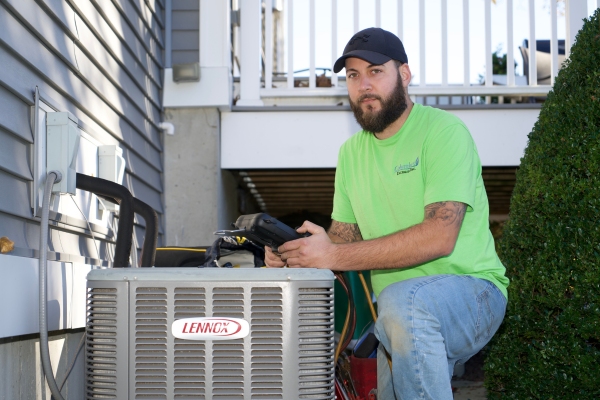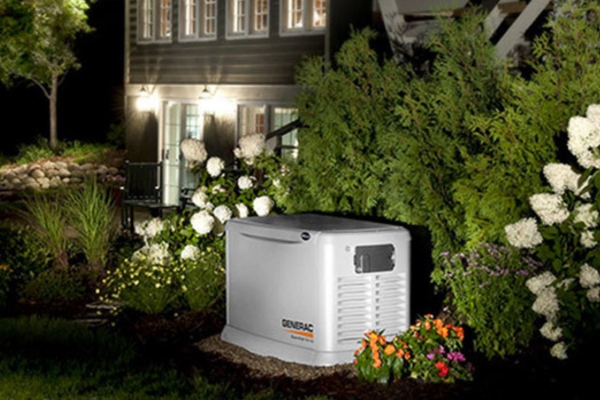Posts by Editor
Using Alexa to Monitor Your Heating Oil Tank
Looking to simplify how you monitor your heating oil levels? Pairing a smart oil gauge with Alexa could be the game-changer you didn’t know you needed. This article walks you through how the two systems work together to bring fuel tracking, usage alerts, and convenience right to your voice commands.
Read MoreDucted vs Ductless Air Conditioning Systems: What’s the Difference?
Choosing the right cooling system for your home isn’t always straightforward. With options like ducted and ductless air conditioning, the decision affects everything. This article outlines key differences between these systems, helping you understand their unique strengths, limitations, and best-use scenarios so you can confidently explore what fits your space and lifestyle.
Read More9 Must-Have Features To Look For In A Power Generator
Power outages can bring life to a standstill, making a reliable generator more than a luxury. But not all generators are created equal. Understanding what to look for in a standby generator can make all the difference in keeping your home running smoothly. Discover nine essential features that set the best backup generator models apart.
Read MoreHiring An HVAC Contractor? Don’t Miss These Crucial Factors
Selecting an HVAC contractor isn’t just about finding someone available—it’s about ensuring expertise, reliability, and long-term performance. A poor choice can lead to costly repairs and inefficiencies. This article breaks down the key qualifications, credentials, and warning signs to watch for, helping homeowners make informed decisions when hiring an HVAC professional.
Read MoreAir Conditioning Safety: What You Need To Know
Keeping your air conditioner running smoothly isn’t just about comfort—it’s about safety, too. Improper air conditioner maintenance can lead to serious issues. Discover the essential precautions that protect your home, extend your unit’s lifespan, and ensure efficient cooling all season long. Don’t overlook these crucial safety measures for a trouble-free summer.
Read MorePower Outages? Here Are 10 Reasons Why A Generator Is A Must-Have
Power outages can strike at any time, disrupting your daily life and putting your home’s safety at risk. A whole-house generator ensures you stay comfortable, connected, and secure. From protecting your essentials to adding value to your home, here are ten compelling reasons why investing in a generator is a decision you won’t regret.
Read MoreWhy Propane Tanks Are Never Filled to 100%
Ever wondered why propane tanks are only filled to 80%? This safety guideline is a crucial precaution that protects against pressure buildup as propane expands. Understanding the reasoning behind this rule helps ensure safer, more efficient propane use while preventing potential hazards. Learn how this industry standard keeps your fuel supply reliable and secure.
Read MoreEmpty Propane Tank: What You Need to Know
Running out of propane can lead to costly repairs, safety concerns, and disruptions in your comfort. From air infiltration in empty tanks to complications with reactivating appliances, the consequences of an empty propane supply extend beyond the immediate loss of heat. Discover the crucial steps to take and how to prevent this scenario entirely.
Read MoreWhole-House Vs. Portable Generators: What’s The Best Backup Power?
Choosing the right generator can be a crucial decision for homeowners. Whole-house backup generators and portable generators offer different advantages based on your needs. While one provides seamless automatic power for your entire home, the other offers flexibility and lower upfront costs. Discover which generator type is better suited for your home.
Read MoreWhen Your Furnace Speaks: Common Noises and Their Meanings
Strange noises coming from your furnace? Those sounds might be more than just a nuisance—they could signal issues or safety concerns. Each noise tells a story about your system’s condition. Discover what your furnace is trying to say and why addressing these sounds promptly can save you from costly repairs and unexpected breakdowns.
Read More









